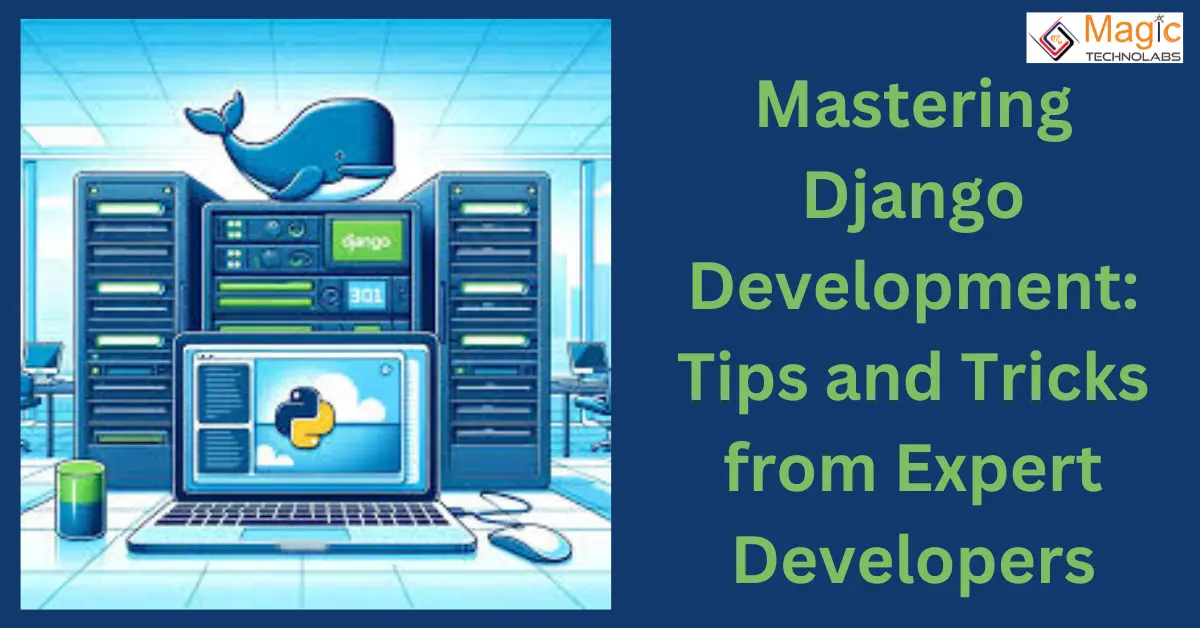Mastering Django development requires a combination of knowledge, experience, and creativity. This powerful web framework enables developers to build robust and scalable web applications quickly and efficiently. To help you unlock the full potential of Django, here are some expert tips and tricks from seasoned developers:
Understand the Django Philosophy: Before diving into Django development, it's essential to understand the philosophy behind the framework. Django follows the "Don't Repeat Yourself" (DRY) principle and emphasizes simplicity and pragmatism. By embracing these core principles, developers can write clean, maintainable code and avoid unnecessary complexity.
Follow Best Practices: Familiarize yourself with Django's best practices for project structure, code organization, and naming conventions. Adhering to these standards ensures consistency across your codebase and makes collaboration with other developers more manageable.
Leverage Django's Built-in Features: Django comes with a rich set of built-in features and utilities that streamline common development tasks. Take advantage of Django's ORM (Object-Relational Mapping) for database interactions, its authentication system for user management, and its template engine for building dynamic web pages.
Use Django Packages: Explore the Django ecosystem and leverage third-party packages to extend Django's functionality. Whether you need additional authentication methods, RESTful APIs, or admin interface enhancements, there's likely a Django package available to meet your needs.
Optimize Performance: Pay attention to performance optimization techniques to ensure your Django applications run smoothly and efficiently. Use Django's caching mechanisms to reduce database queries and optimize code execution where possible.
Stay Updated: Django is continuously evolving, with new features and improvements introduced in each release. Stay updated with the latest Django releases, read the release notes, and take advantage of new features and optimizations to enhance your development workflow.
Practice Test-Driven Development (TDD): Adopt a test-driven development approach when building Django applications. Write tests for your code before implementing new features or making changes, ensuring reliability and preventing regressions.
Contribute to the Community: Get involved in the Django community by participating in forums, contributing to open-source projects, and attending Django meetups and conferences. Sharing knowledge and collaborating with other developers enriches the community and fosters personal growth.
By mastering Django development and incorporating these tips and tricks into your workflow, you can build powerful and maintainable web applications that meet the needs of your users and stakeholders.
















